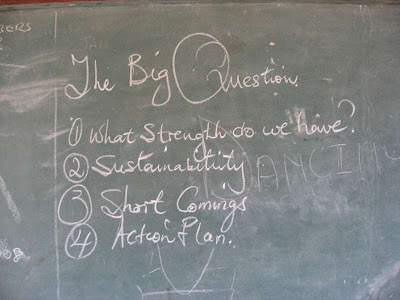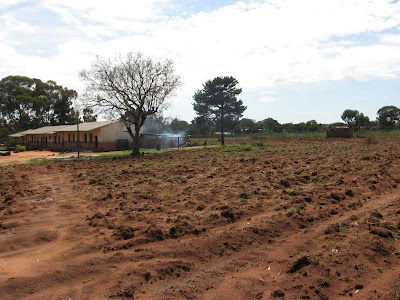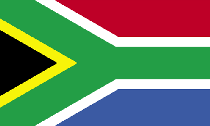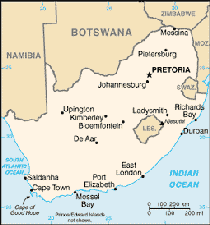One Year Update
It is getting cold here! The mornings and evenings I can't seem to warm up. We bought a space heater just yesterday, an appliance almost every household owns. There are ventilation ducts in the walls of the houses that let in all the cold air. Bathing is now my least favorite activity of the day.
With the coming of winter, the semester is ending at my two schools, which means students are taking exams and teachers are working very hard to keep up with all the grading they have to do. While in the United States teachers can plug all of a term's grades into a spreadsheet, the teachers here are doing grades for all their students by hand. For 50 students in each class! Then they have to transpose all those grades onto report cards, again, by hand. It's a lot of work and they are very busy.
Which means I am not very busy. Few teachers want to work on pedagogy when they have a deadline looming. So lately I've been preparing for some upcoming projects beginning next month.
The first is a lifeskills day camp for youth in grades four through seven. I've recruited 10 volunteers from the local secondary schools to staff the camp, and we're starting training on 2 July. Camp will open on 7 July and run for one week. We're going to try to keep it limited to 56 campers, 14 per grade. Each day focuses on a theme like HIV/AIDS, making friends, or goal setting. Campers rotate through four program areas: Computers, Lifeskills, Creative Problem Solving, and Sports & Games. Right now I'm working on lesson plans for each program area for each of the five days. I'm also trying to get donations for food so we can serve lunch to the kids. That may or may not happen, but either way, we can tweak with the camp times to make it work out.
Provided everything goes relatively smoothly this first time, we'll run the camp again when school is out in October, then again in December and so on. Ideally, the youth volunteers will gain experience and take everything over when Jennie and I leave so it becomes a sustainable project. Most of our program supplies are either something we already have, like the soccer balls for Saturday sports, or pieces of trash, like old egg cartons for the egg drop challenge in creative problem solving. A lot of the ideas for camp I took from AJ, who did a chess/problem solving/lifeskills camp back in December.
The other major upcoming project is co-teaching grade 7 English. This is fun for me because I get to do some lesson planning and get back in the classroom, but hopefully will also help to share some new teaching methods with my counterpart who is teaching with me. So we're both planning units and I'm going to share some different theories with him every week like Maslow's heirarchy of needs, Bloom's taxonomy, or differentiation. I'll be posting a lot about that over on my education blog, Pedagogy in Practice.
This past quarter I've continued a couple projects from earlier in the year. Jennie already mentioned that we're still doing the Phokwane Youth Sports League, and the library/college guidance center is coming along, though maybe not on the original schedule. We did help them form an interim committee to organize and open the library, and they're now meeting twice a month and holding community meetings to get everyone's opinion on various policies the library will have. We finally finished organizing all the books by their DDC call numbers and have all the subject cards written for the card catalog. Jennie found contact information for all the colleges and sent them an e-mail back in March, and we've been receiving large envelopes of admission requirements and college applications ever since. So I'm not sure if we'll open next month or next year, but we're definitely on the right track.
Back in February I taught the teachers how to use their computers and in April and May I helped four teachers take their classes to the computer lab. The students are so excited to get to use them - the school has had them for four years now! I walked into one class and all the kids started dancing and murmuring "Yes! Yes!," knowing it was computer time.
As we reach the one year mark, our idealism has diminished a little from what it was. Two years seems like such a long time to "make a difference," but in reality we have very little time. It's hard for me to look around and ask, "what have I accomplished thus far?" Tangibly, not very much. And it's hard to say how much of all this will be sustainable once I leave. But, I know some of the youth here will never forget playing games on sunny Saturday afternoons with a couple makgowa, and maybe that will be enough to make a small difference. I suppose I'll never know.




